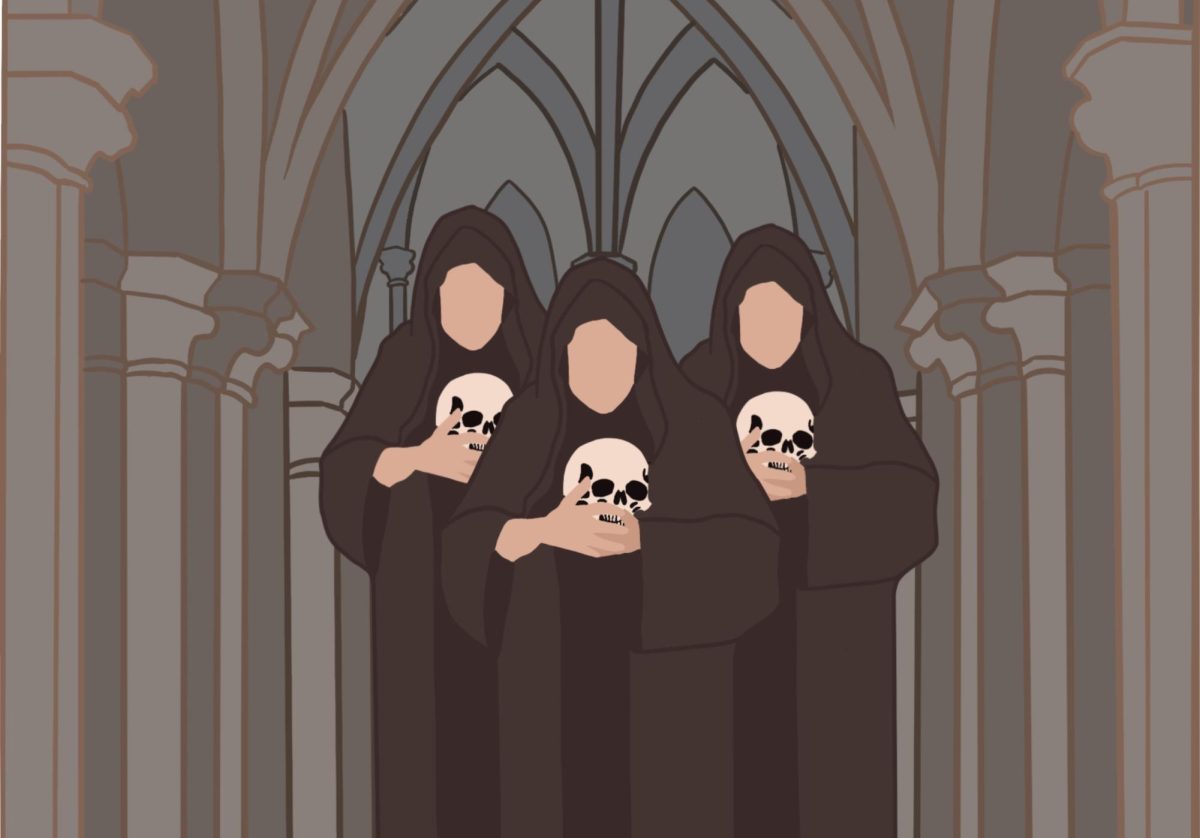Wednesday was but weeks away, but the gullible, ink-stained wretches that constitute the U.S. media appeared to be celebrating Palm Sunday a little early this year.
Heralding the opening of “The Passion of the Christ” with a joyful chorus of Hosanna puff pieces and rolling out a crushed red velvet carpet for a third-rate director that would embarrass a Pharisee, one might easily forgive the multitudes for believing that more than a mere genre was being resurrected. If notepad scribblers did indeed give up anything for Lent this year, it obviously was not junk food stories.
“The Passion” was no more the most important cinematic achievement of modern times than, say, “Lethal Weapon 4” or “What Women Want.” But for all the manufactured hullabaloo, the unwashed masses naturally assumed something more on the magnitude of a Krispy Kreme franchise grand opening.
As of late, the perpetually self-conscious news industry has become increasingly aware of its abysmally low social status. Perhaps to compensate for our oft-perceived godless worldview, writers locally and nationally nearly fell over themselves to churn out fluffy, feel-good pieces about virtually every conceivable angle of an affluent bigot’s $25 million Aramaic primer.
Perhaps the lowest point of the saturation uber-hype occurred when one television newscast took the time and energy to devote valuable space for Sen. Norm Coleman, R-Minn., and Gov. Tim Pawlenty’s opinion of the project. Keep in mind this is about the same time that an internal church report concluded that about 4 percent of all serving Catholic priests had been involved in repeatedly raping more than 10,600 children over the last half-decade in the United States alone.
Most people interviewed said things that leaned more toward Sunday-morning hellfire-and-brimstone sermonizing. I realize that as a college-educated agnostic, I am not in the blockbuster-extravaganza-lover demographic, but I still cling to this antiquated notion that perhaps there are more important events occurring in our fair metropolis than fundamentalist zealots spray-painting religious slogans on snow banks.
Being an avid film buff and an ardent lover of literature, nothing makes me happier than a quality book-to-movie subtitled translation that makes people think seriously about a topic of great political or social import. Unfortunately, “The Passion” is neither.
It remains a dogmatic slasher flick even if the screenplay was credited to Yahweh. The level of discourse generated from its showings has rarely arisen much beyond a yawn-inducing “You either accept Jesus as your personal Lord and Master or you’re with the terrorists.”
It is also worth noting that films dealing with more popular world religions such as Buddhism (“Kundun”), Islam (“The Message”) and Hinduism (“Gandhi”) are rarely treated with the same open-armed reverence and glowing press blurbs that the “liberal” City of Lost Angels reserves for Judeo-Christian products.
The real story here is, of course, our true cultural messiah, conspicuous consumption. About three-fourths of the country claim to be at least somewhat Christian, and the retail marketplace is already conveniently awash with “Passion”-inspired coffee mugs, soundtracks and my personal favorite merchandising tie-in, a pendant featuring a crucifixion nail. I haven’t witnessed such a gauche and unrepentantly tacky “spiritual” capitalism since Claire’s stopped stocking WWJD? thong panties a few years ago. If marketing borderline-sacrilegious Jesus kitsch items does not make your religious beliefs “of the world,” I do not know what does anymore.
Tragically, praising basic reason over blind faith and purchasing trivial knick-knacks still appears to be grounds for heresy in the current conservative political climate of our fast-fading republic.
Nathan Hall welcomes comments at nhall@mndaily.com







